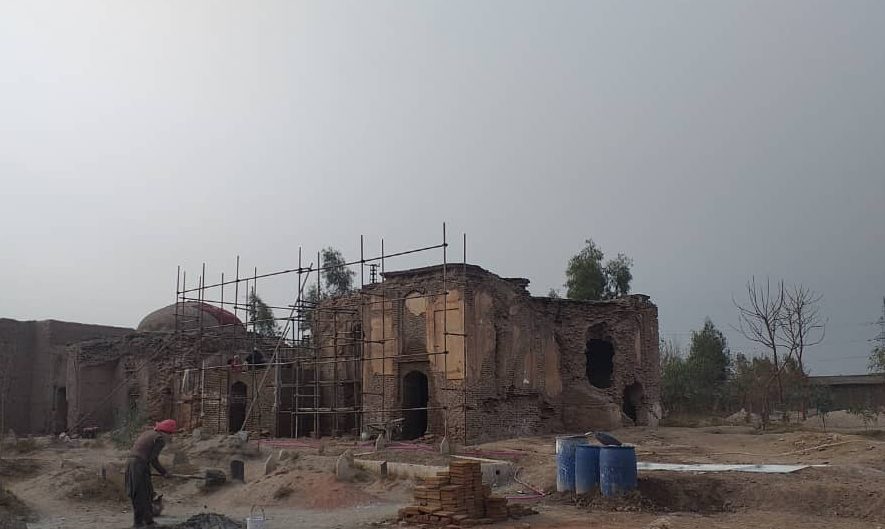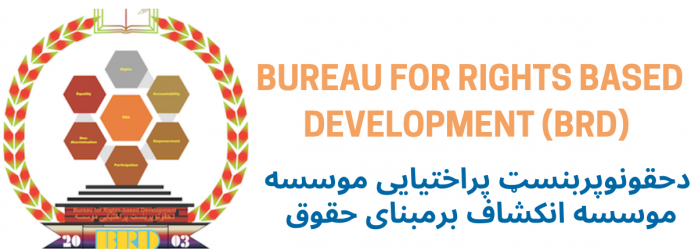In 2024, more than half of Afghanistan’s population will require humanitarian assistance. Afghanistan’s complex humanitarian crisis is among the most persistent and severe. Millions of Afghans endure the onsequences of four decades of conflict, poverty, repeated disasters and an economic downturn.
Since the Taliban assumed control of the country in August 2021, the political transition, contraction of the economy and reduced levels of donor funding have increased risks and needs at the local level. Girls and women have been particularly impacted with the Taliban’s restrictions hindering their ability to access services and limit their involvement in life outside the home.
The Afghanistan Humanitarian Needs and Response Plan (HNRP) 2024, a document that provides a shared understanding of the crisis and the most important humanitarian needs, incorporated priorities identified by Afghans. Communities highlighted food as a top need, in addition to health care services, education, and water, sanitation and hygiene (WASH). Nearly half of households emphasized the importance of livelihood support.
Afghanistan has high levels of disaster risk due to its geographical location, environmental degradation, climate change and low levels of socioeconomic development. Recurring natural hazards include flooding, earthquakes, snow avalanches, landslides and droughts. In May 2024, the northern and western regions of the country experienced repeated flooding events that led to casualties, significant loss of livelihoods and displacement.
Current Interventions
BRD engagement to respond to the current humanitarian crises in Afghanistan: BRD as a rights based organisation, operating for 20 years in Afghanistan , in different sectors and still has strong presence in the ground. We are also in the process of re-proposing some of our projects which was on-going before the collapse to respond the current humanitarian crises.BRD is also open for any collaboration with UN and International humanitarian organisations using our local expertise and capacity can increase the effectiveness of humanitarian response.
Our current interventions to contribute in responding to the current humanitarian crises in Afghanistan are as bellow:

Cash for Work : Rehabilitation of Culture Heritage Site
Under our program emergency response to culture heritage in risk, has been re-resumed, after 5 months delay due to fall of the government in the hands of Taliban, in August …
Read More

Advocacy for Urgent Humanitarian Response in Afghanistan
BRD to gather with other diasporas led organization, advocating for the urgent delivery of humanitarian assistance to Afghanistan using a transparent and accountable mechanism.
Read More






